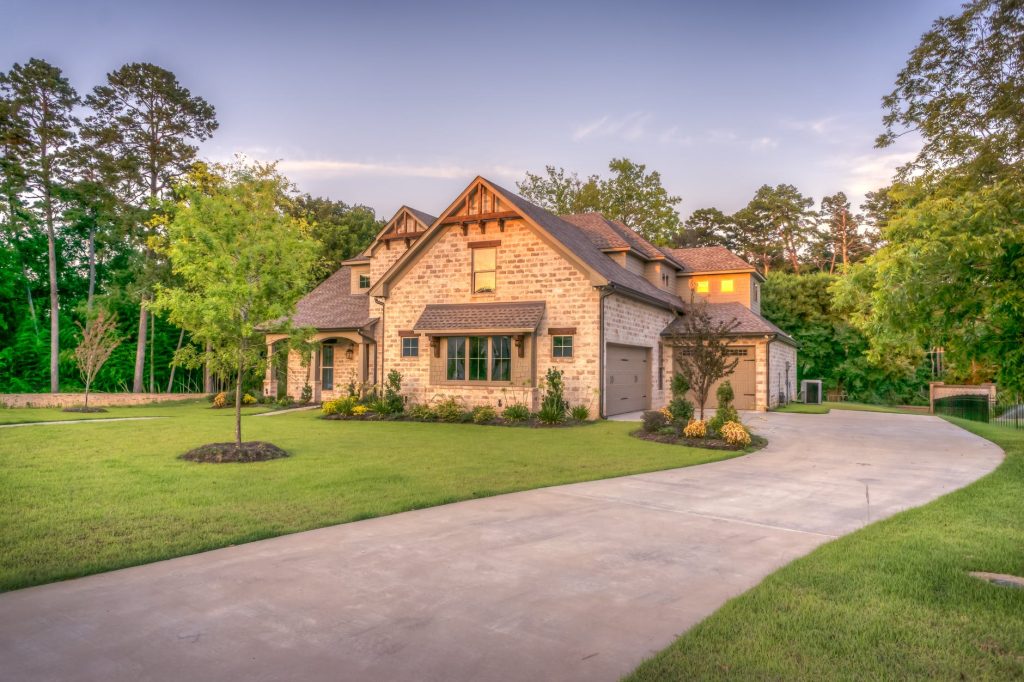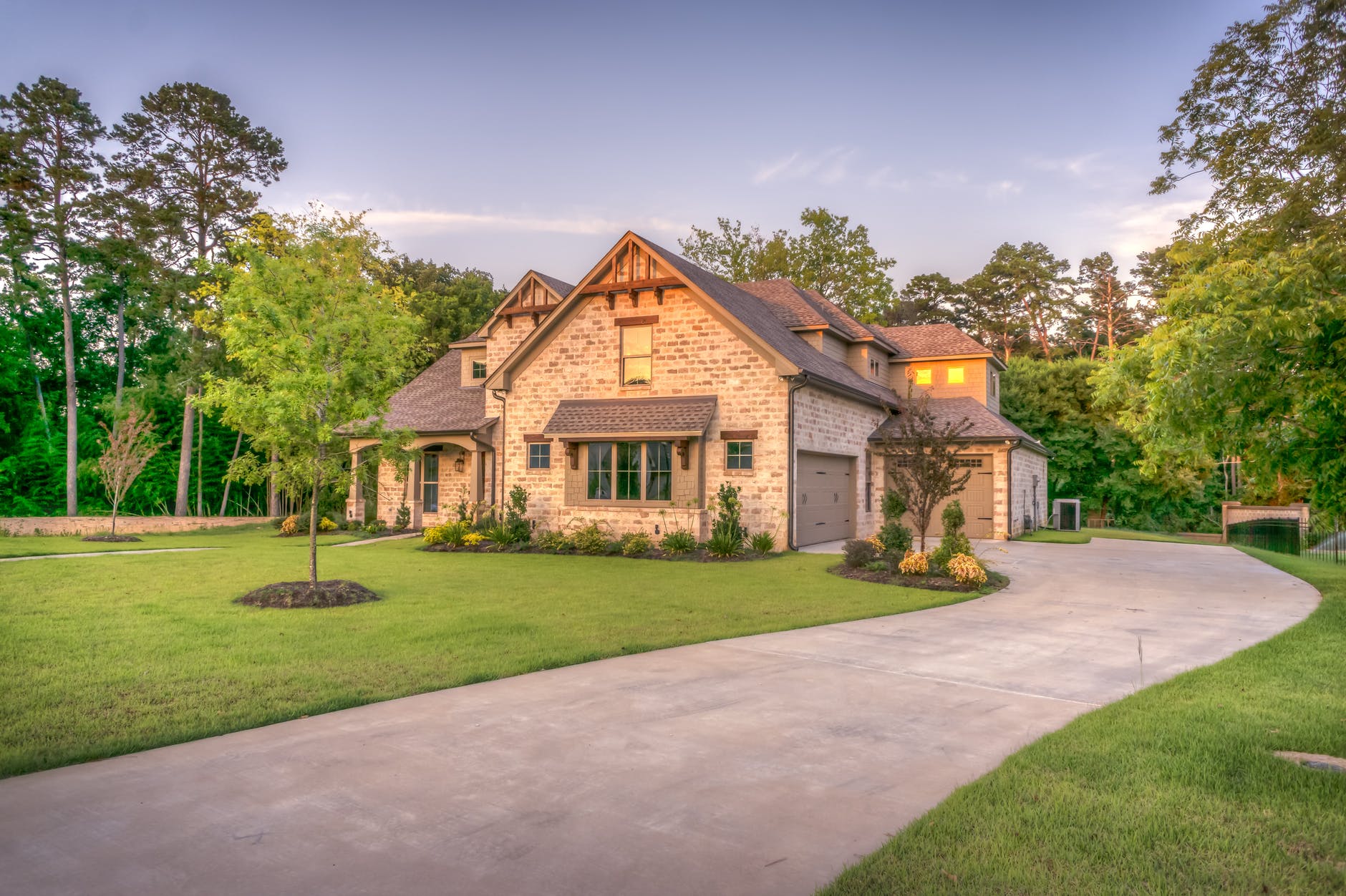
A bridge loan is usually used in real estate deals to offer cash flow throughout a transitional time; for instance, you are moving from a present residence to a new home in New Jersey. Homeowners can make use of these short-term New Jersey bridge loans, which could assist swiftly putting extra cash in their wallets to fund the new home or pay off a current debt obligation. However, like any form of funding, bridge loans have their advantages and disadvantages. Let us have a deeper understanding of New Jersey bridge loans and how it works.
New Jersey Bridge Loans: An Overview
A bridge loan is short-term financing that can act as a source of money and capital until an individual or company finds sustainable financing or removes a current debt obligation. Bridge loans or swing loans are widely used in real estate transactions and are generally short-term (the loan term will only be payable for six months up to 1 year). This type of loan can be utilized as a source of funds in acquiring a new house before you can sell your current home.
As you might expect, the majority of home sellers would like to wait until their current home is under contract before making an offer on a new home and then using the earnings of the sale of their current home to help finance the new property acquisition. If you are unable to sell your property and arrange such a sale, bridge financing can give you the finances necessary to proceed with the purchase of a new property. Simply put, bridge loans provide you with additional finances to purchase a property by letting you tap into additional funds or any equity in your current house before its sale.
It is not unusual these days for homeowners undertaking a drastic transition – take, for example, relocating for work purposes – to require a means of bridging the gap between properties. A bridge loan can assist you in financing your way through this temporary period of transition. Additionally, particularly if you are shopping for a new house in a highly competitive marketplace, it can help you avoid making sale-contingent purchase bids on new properties. Many purchasers are hesitant to do so since these offers include the ability to terminate the contract if your current house would not be sold. Although your current house secures it as collateral, a bridge loan is not intended to replace long-term financings such as a standard mortgage or other types of home loans; rather, it is intended to be repaid within approximately one to three years. As a result, a bridge loan is classified as non-mortgage or specialty financing instead of a traditional mortgage.
New Jersey Bridge Loans: How It Works
Bridge loans are frequently employed by sellers who are in a bind or require an immediate relocation. At the same time, the terms, conditions, and costs associated with bridge loans might vary significantly between deals and lenders. While most of these financing vehicles are meant to pay off your first mortgage when the bridge loan matures, others simply add to the total amount owed. Costs can also vary significantly between lenders, as does the payment arrangement of bridge loans. For instance, some may require monthly payments, whereas others require a combination of upfront and/or end-of-term or lump sum payment fees.
The following are common reasons for obtaining a home bridge loan:
- Incapacity to make a down payment first without selling your existing home
- A compelling need to quickly find a new home
- The final date for a recent acquisition is scheduled following the conclusion of the sale of the current residence.
- A preference towards securing a new residence before listing your existing one
- Sellers in your targeted neighborhood are averse to contingent buy proposals.
- In general, clients considering a bridge loan have two primary options:
Using the bridge loan as their second mortgage to contribute to the down payment on their new house until their present property is sold or to obtain a single large loan to pay off the mortgage of their previous residence and apply the remaining funds to the down payment on their new residence.
Similarly, New Jersey bridge loans typically:
- Run for six-month or one-year terms
- Be secured by the borrower’s primary home as collateral
- Be issued only by lenders with whom you have also agreed to finance your new mortgage.
- Interest rates charged vary but are often slightly above prime.
New Jersey Bridge Loans: Rates
Bridge loans have higher interest rates than conventional loans, including 2% above the prime fees. As is the case with traditional mortgages, bridge loans are subject to closing costs (which can total several thousand dollars in expenses plus a set percentage of the loan’s value) and origination fees. Additionally, you may be asked to pay for an appraisal.
However, because purchasers’ rights are frequently restricted in the case that the purchase of their present property falls through, it is critical to carefully understand the terms and conditions of any bridge loan offer. Since your current property secures bridge loans, a lender could foreclose upon them if payments are missed. Taking this into consideration, you would want to carefully consider how long you can manage to go without financial help in the event of a sale stalling and prevent overcommitting yourself on any borrowed funds. Similarly, you will find that you must carefully study the present real estate market as well as the average time it takes for homes to sell in your area pays off.
Numerous lenders in New Jersey, such as banks, credit unions, and other financial institutions, offer bridge loans. However, it is more common for these programs to be originated by your current mortgage provider. If you are going to consider applying for a bridge loan, you should contact your lender first.
As you look for a finance partner, be cautious of lenders who provide quick access to funds, charge outrageous interest rates, and have a less established track record of great customer service performance.

